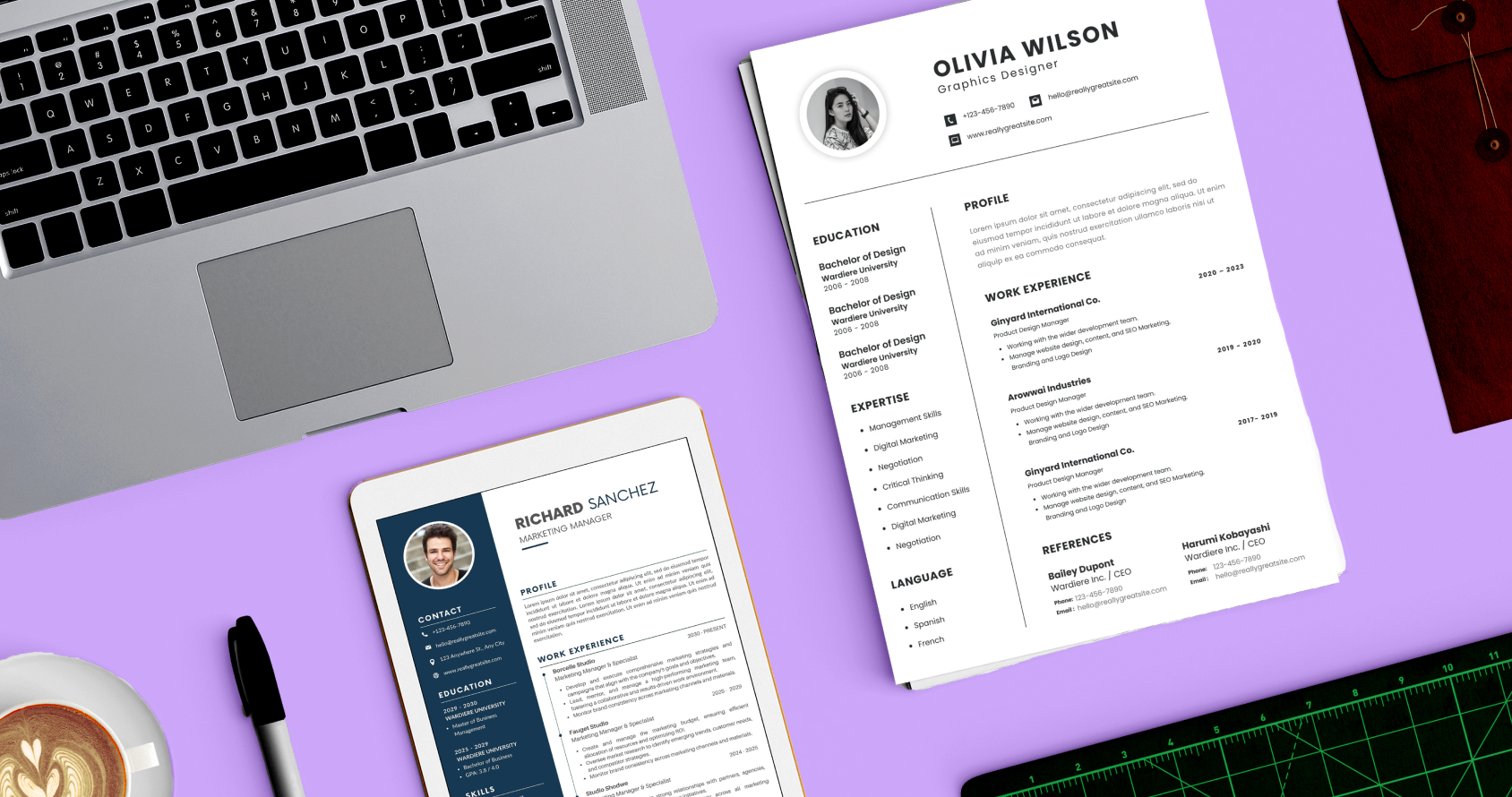‘Campus recruitment’ is a term we hear more and more in HR circles. But what exactly is it, and how can you implement a successful campus recruitment program? Let’s start with the basics:
Campus recruitment is a strategy used by medium to large companies for sourcing, engaging, and hiring young talent, either for internship programs or entry-level jobs. These companies come with high-volume recruiting needs; they either collaborate with university career centers to recruit potential candidates or opt for large-scale operations like visiting an array of colleges and universities and attending recruiting events throughout the spring (and sometimes even fall) semester.
Now, some industries participate in campus recruiting more than others; finance, technology, manufacturing, and engineering are a few of the most popular industries that hire interns or entry-level employees through on-campus interviews.
Your job as a campus recruiter is not only to fill open positions at your company but also to engage students and attract them as future employees.
People involved in campus recruitment
Campus recruitment is a strategy that employers use to source fresh talent for their organizations. In the process, employers get to know potential employees, and employees get a chance to get hired by reputed companies.
Hence, there are broadly two main stakeholders in campus recruitment: the college-goers looking for jobs and the companies looking for employees.

Employers
Employers are the ones who need to hire people for their company. This usually happens when the company’s hiring team sends out a representative to the campus placements to conduct the recruitment drive. Employers conduct the entire recruitment process. They select the eligible candidates after they have undergone several rounds of interviews and other tests.
College-goers
Campus recruiter
University career development centers
Responsibilities of a campus recruiter
- Identify and engage with campus career services.
- Review and select candidates for interviews.
- Prepare a recruitment plan that aligns with your organization’s hiring goals and needs. This can include details such as specific job roles, interview schedules, etc.
- Manage the recruiting process, including planning and executing on-campus events and activities to raise awareness of your organization (such as career fairs) while coordinating timely communication with candidates throughout the process as per company policies.
- Visit the campus to conduct interviews or presentations; manage logistics before, during, and after visits, like booking transportation reservations for staff members traveling from out-of-town locations (if applicable).
Note: Most campuses have their own interviewing facilities, so you might not need one in most cases, but this does depend on how big your team is, so check ahead just in case!
The importance of campus recruitment

Enormous talent pool
Cost-effective
Improved selection to hiring ratio
Tech-savvy candidates
Strong relationship between organization and campus
How ATSs can help scale up the campus recruitment process
Campus recruitment can be a time-consuming process, so you’ll want to make sure that you find an ATS that meets not only the needs of your team in executing the job search but also those of candidates—and those of the students themselves.
Here are a few essential elements to keep in mind while choosing the right ATS to scale up your campus recruitment process:
- An ATS that allows for multiple rounds of interviews, importing/exporting candidate feedback. ATS that allows for remote interviewing (by phone or video conferencing).
- An ATS that sources candidates and invites them to recruiting events.
- An ATS that lets the career fair attendees virtually upload their resumes.
- An ATS that helps to build talent communities and keeps your potential applicants engaged with targeted emails or texts.
It really boils down to an ATS that can manage applicants, post to job boards, schedule & conduct interviews, and hire top talent without too much fuss. ‘New-age’ ATSs like PyjamaHR provides all that in a single platform (and it’s free!).
Frequently asked questions (FAQ)
Campus recruiting is the process of hiring fresh graduates directly from colleges and universities. By doing so, employers can ensure that they hire the best and brightest students who are fresh out of college—allowing them to build valuable entry-level talent pipelines.
Saves Time & Efforts – Most job applicants are already pre-screened, and suitable candidates are chosen during the college placement process.
Improved Retention Rates – People you recruit when they are fresh out of college tend to stay with the company for longer.
Getting New Knowledge & Skills – When you hire young people who are eager to learn, that enthusiasm brings with it fresh ideas and new knowledge that will help your company grow.
Quick Learners & Multi-tasking Candidates – These candidates also tend to be quick learners and multi-taskers, which helps them adjust quickly to new environments.


